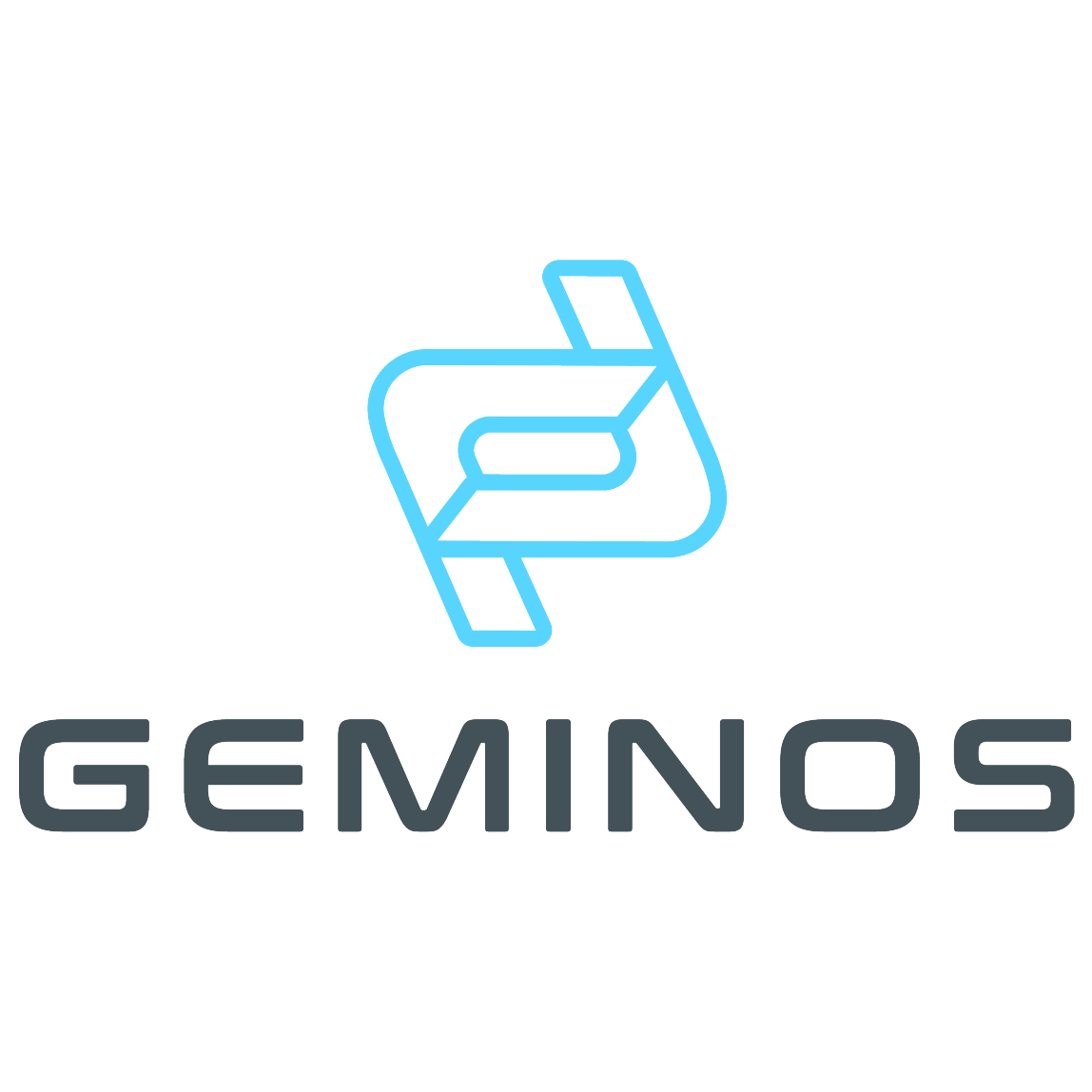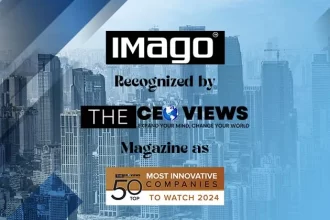New approaches to AI and machine learning have made rapid strides in the last decade. Unlike conventional machine learning algorithms, new approaches based on causal reasoning are opening wider paths to business growth. Causal AI helps to measure the impact of an intervention and allows companies to respond to situations acting as a powerful tool for decision-making. However, causal reasoning hasn’t yet been widely explored and applied to business problems.
Geminos has taken a step ahead and designed The Geminos Causeway platform to address this challenge, thereby bringing the power of causality to business solution development, with a particular focus on digital transformation. Stu Frost, Founder, and CEO of Geminos, was with the CEOViews team to share details about how the platform is driving transformation with causality-based AI solutions.
Story of inception and mission
Stu Frost, Founder and CEO of Geminos, has 30 years of experience in founding and leading successful data management and analytics startups and over the years has developed a deep knowledge of the market needs. After creating some of the leading startups in the lloT market and seeing that the world’s major industrial companies are starting to invest in digital twin and related technologies, Stu founded and took the helm of a new company, Geminos.
With years of experience in delivering AI solutions to a number of industries, Stu witnessed a recurring pattern in that traditional AI solutions are hard to deliver and scale and suffer from bias, lack transparency and explainability. As a result, 87% of projects fail to deliver value which is simply unacceptable. Geminos’ mission is to fix this set of problems. At Geminos, the world-class management team is dedicated to providing industry-leading AI solutions, to usher in a new era of industry led by artificial intelligence.
Adding to that, Stu said, “In researching potential solutions, we came across Prof Judea Pearl’s work on causality and decided to build a platform that could enable customers to bring the power of Pearl’s causal science to solve business challenges. The great news for us is that 60% of CIOs and data science leaders are planning to make significant investments in Causal AI.”
Journey
Geminos has established deep roots in the industry. Speaking about how their journey has been so far, Stu said, “Some of the team members have worked with me on and off for almost thirty years, so we have a very good sense of the kind of company culture we need to create. We also have a very strong vision and a huge addressable market, with very limited competition to date. We’re also getting incredible validation from our early customers in terms of product/market fit, which is always a key for startups.”
Causality-based AI solutions
Classic machine learning solutions look for patterns in data and try to make predictions based on those patterns. The problem is that they generally find correlations in the data and don’t have an understanding of true causal relationships. The algorithms also tend to be monolithic black-boxes that lack explainability and transparency. Geminos’ approach is different. Customers use causal models (basically cause-effect chains) to understand the business problem. These models can then be populated with data to test assumptions and create a direct specification for data scientists to build a solution. Once a solution is deployed, Geminos Causeway can monitor the performance of the business process, identify problems, reasons for occurring, and suggest potential mitigations.
Classic machine learning solutions look for patterns in data and try to make predictions based on those patterns.
Geminos Causeway platform
Geminos Causeway is an end-to-end AI solutions development platform, underpinned by Causal Science. The product enables customers to bring the power of causality to real-world business problems. It is not rooted solely in old-fashioned machine learning but rather a causality-based approach that can make better, more effective decisions to drive business forward and digitize even complicated processes. It uses causal models to remove complexity and increase explainability by providing a common language between data scientists and the business.
What makes it different?
By constantly reviewing new papers and open-source libraries, Geminos is incorporating new ideas into the roadmap. While most peers are focusing on more traditional approaches to AI solutions development, Geminos’ business model offers a low-risk, easy-to-use product that abstracts the complexities of Causal AI. Geminos focuses on helping customers build highly effective business transformation solutions that leverage the power of Casual AI.
Dynamic market trends
It’s a constant learning process, especially for a high-growth startup. But Geminos has been fortunate to find the market fit quite quickly without having to pivot too much. Speaking about the market challenges Geminos faces while meeting demands of the users, Stu said, “We’ve had to do quite a lot of work to create an abstraction layer that makes it much easier to apply causal science to business problems, which in turn lowers the barrier to entry for our customers. We have a great advisory board and set of customers that we bounce new ideas off. At the end of the day, it’s all about establishing product/market fit and we are heavily focused on proving and growing that metric.”
Future Vision
The market opportunity for these products is enormous. At present, Geminos is focused on proving product/market fit and creating tremendous value for the initial set of customers. The basic business model of Geminos is to offer the product for a low-cost monthly subscription to business analysts and data scientists that are early adopters of Causal AI and then upsell to their companies as they start to deploy solutions.
GEMINOS HAS AN AMBITIOUS PRODUCT ROADMAP, FOCUSED ON BRINGING MORE OF THE VALUE OF CAUSALITY TO CUSTOMERS.
As for the future vision, Geminos has an ambitious product roadmap, focused on bringing more of the value of causality to customers. In particular, one area the company is exploring the use of generative AI tools such as ChatGPT and Bard to help customers flesh out their causal models.












